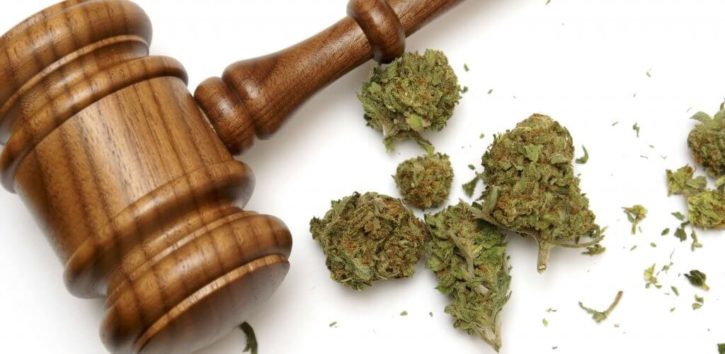Department of Transportation Issues Notice on Use of CBD Products by Safety-Sensitive Employees

The Department of Transportation’s (DOT) recent notice on the use of cannabidiol (CBD) products serves as a warning to employees in DOT-defined safety-sensitive positions. While the DOT has always had clear regulations strictly prohibiting the use of marijuana for truck drivers, school bus drivers, train engineers, pilots, transit vehicle operators, and the like, the increasingly widespread […]
Illinois Governor Signs Employer-Friendly Amendments to Recreational Marijuana Law

On June 25, 2019, Governor J. B. Pritzker signed legislation making Illinois the eleventh state to approve marijuana for recreational use. Recreational use of marijuana will be permitted by law beginning January 1, 2020. As we noted in our earlier article, “Legalized Cannabis in Illinois: What Employers Need to Know,” the Illinois Cannabis Regulation and […]
What Is CBD Oil and Why Should Employers Care to Know?

Cannabidiol (CBD) is a nonintoxicating compound found in both marijuana and hemp that can be extracted and combined with oil for ingestion or inhalation through the use of a vaporizer. In recent months, retailers in many states have been marketing and selling CBD oil derived from hemp as a natural remedy for pain, anxiety, insomnia, […]
Oklahoma’s Unity Bill Allows Employers to Prohibit Medical Marijuana Use by Employees in Safety-Sensitive Positions

Oklahoma employers received a much-needed boost from the recent passage of the Oklahoma Medical Marijuana and Patient Protection Act, more commonly called the “Unity Bill.” This legislation comes after much upheaval about the Oklahoma electorate’s passage of the Oklahoma Medical Marijuana Act (OMMA)—State Question 788—in the summer of 2018. Many experts have characterized the Oklahoma medical […]
